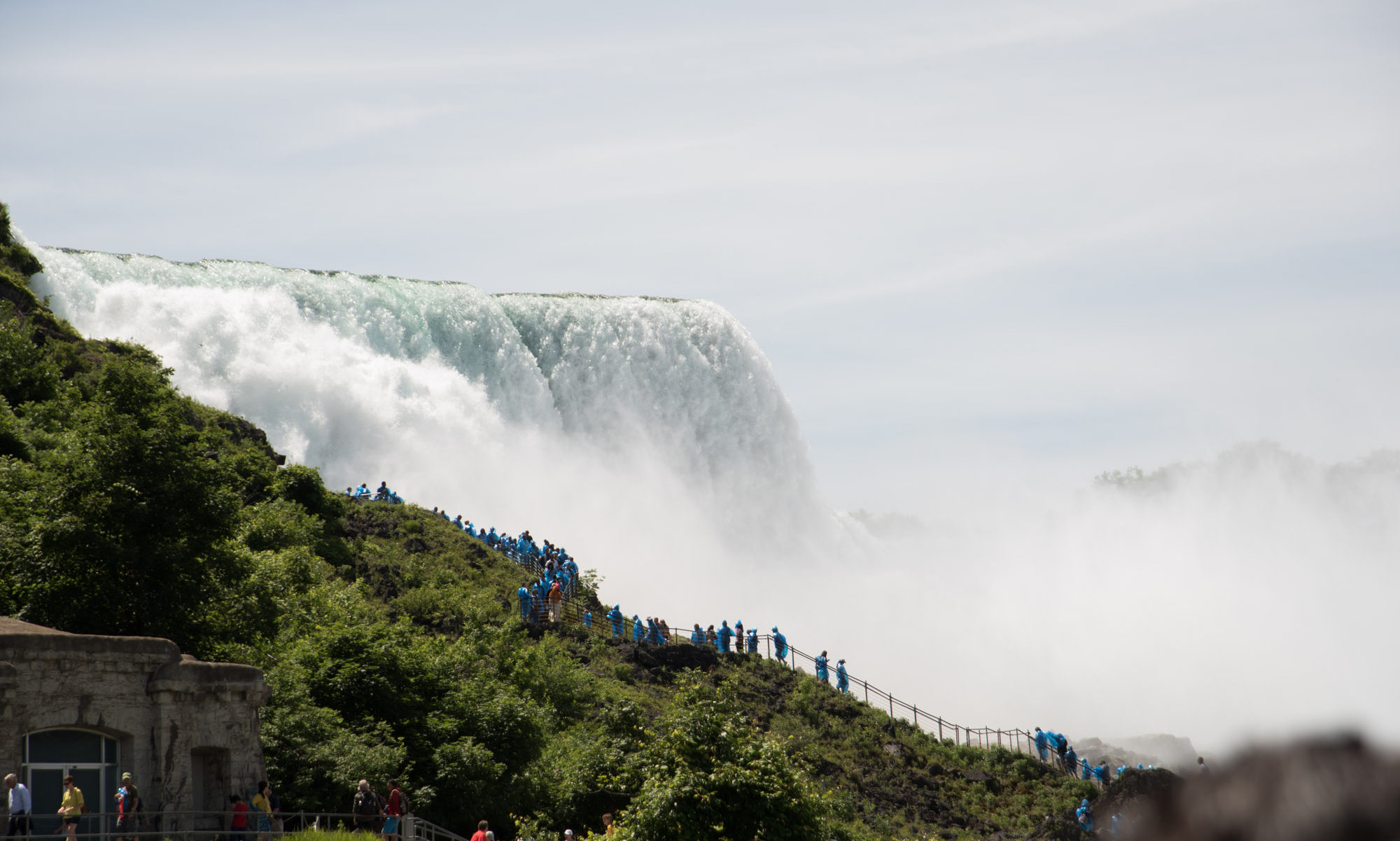 Nicholas Kristof recently wrote an editorial, The Cost of a Decline in Unions
Nicholas Kristof recently wrote an editorial, The Cost of a Decline in Unions
On the whole I believe unions to be a necessary component of our capitalistic system. The individual worker has very little power in dealing with large businesses or large government entities. When they do have power it is when there is a tight labor market, but those seldom seem to last very long.
It is always dangerous to generalize from one’s personal experience to make points about larger issues, but here I go. I have seen union membership be required when the union did little for the worker. They were in place, gathered their dues, and that was about it. At the other end I have seen unions so intent on justifying their existence that they frequently went to the extremes. They did not realize that sometimes good is good enough. There is, of course, a MLK holiday. The union for the outfit I worked for in Memphis managed to wrangle another holiday, the day of MLK’s assassination. It always struck me that they filed all too many grievances, and generally tried to maintain an attitude of the union versus management. Frequently what seems to happen with unions in place is an overly structured workplace. The company and the worker lose some ability to do the work creatively. In the past the union managed to create jobs that were perhaps unnecessary. I had a roommate in Rhode Island who was a union fireman. His workday consisted of going in at 11 p.m., usually after partying, and going to sleep on a couch at the switching station. Around 5 a.m. a train would come in the yard. Union rules required that a fireman bring the locomotive into the yard and take it out after it had been serviced. So they woke him up, he drank some coffee, did the deed and went home.
The other issue with the big unions of the past has been corruption. Big unions like big corporations should have more oversight.
One section of Kristof’s editorial addresses this nicely:
“I’ve also changed my mind [about unions] because, in recent years, the worst abuses by far haven’t been in the union shop but in the corporate suite. One of the things you learn as a journalist is that when there’s no accountability, we humans are capable of tremendous avarice and venality. That’s true of union bosses — and of corporate tycoons. Unions, even flawed ones, can provide checks and balances for flawed corporations.”
In my idealized world view the government would be providing the check and balances by proper oversight to both unions and corporations. I do not see that happening anytime soon. You need one force to counterbalance the other.
The other section of interest to me was this one:
“It may be that as unions weakened, executives sometimes grabbed the gains from productivity. Perhaps that helps explain why chief executives at big companies earned, on average, 20 times as much as the typical worker in 1965, and 296 times as much in 2013, according to the Economic Policy Institute.”
This is a fact we have been hearing and seeing over and over. If fact Kristof’s number seems to be a low end of the articles I have seen on the subject. CNN in 2013 put it at 354 times the typical worker. On the AFL-CIO website they state:
“The CEOs of S&P 500 Index company made, on average, 354 times the average wages of rank-and-file U.S. workers in 2012.1 CEOs in the United States don’t just make a lot more money than their own employees. On average, U.S. CEOs also make far more than CEOs of comparably sized companies in other developed countries.”
The union versus non-union is really a debate about what type of society we want to have. I have no issue with the capital/ entrepreneurial class who take the risk of running and owning a business from reaping more for their efforts. And I would certainly agree that small businesses be especially encouraged in this category. At some point in the continuum we need to decide if we want to live in an Ayn Rand, dog-eat-dog, survival of the fittest world. Or do we want to live in a society where most of us have a decent standard of living.
In a capitalistic society the price of goods and services is determined by the market place. This is not entirely true as there are many markets manipulated to allow the consumer to be gouged, pharmaceuticals come to mind. However, assuming that there is a fair price determined by the market, it then becomes an argument on how those profits should be divided within the company. If the CEOs can make 350 times the average worker versus the 20 that was common only 50 years ago, there is room for the worker to get more of the pie in the form of higher wages. Corporations will only do this if pushed to do so. This is where unions come in. Paying workers less and less is not going to lower the price of goods and services. What will lower those prices is lack of demand from a consumer class that can no longer afford them.
Here is a link to an interesting article about one of America’ favorite capitalist and entrepreneurs, Henry Ford, who almost doubled his workers hourly rate overnight in 1914: DEAR AMERICAN COMPANIES: Here’s How To Fix The Economy
I personally do not want to live an Ayn Rand economy… fair is fair. The thought of an American society extremely divided by the haves and have nots with an insignificant middle class frightens me.
